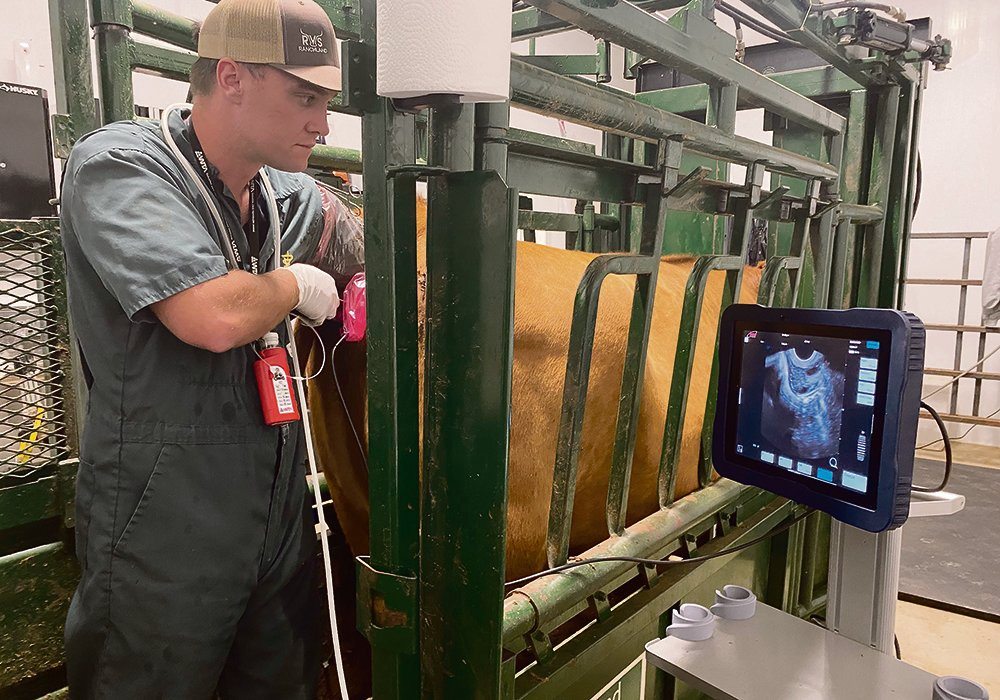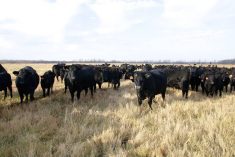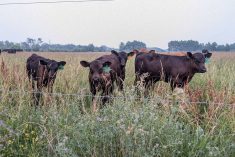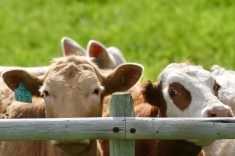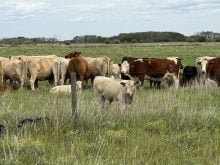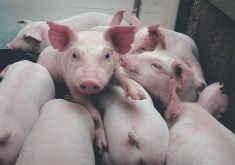Recent research has uncovered new ways to improve birth rates among cattle bred through in-vitro production.
Research from the University of Kent and the University of Nottingham in the United Kingdom and L’Alliance Boviteq Inc. based in Quebec have found a method to significantly improve IVP in cattle by removing irregular embryos from the gene pool, which improves live births per embryo transfer.
“Live birth rates are 41 percent per embryo when you don’t use our approach and 47 percent when you do,” said Darren Griffin, professor of genetics at the University of Kent.
Read Also
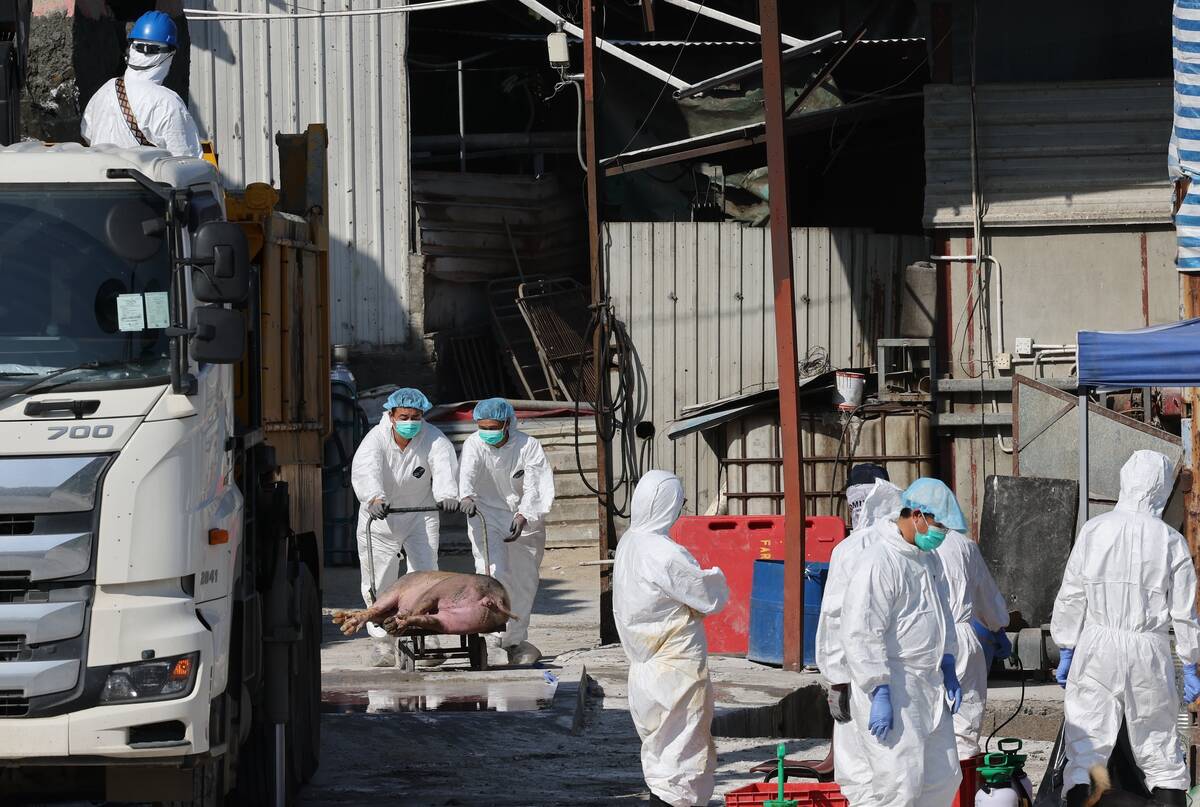
Mixed results on new African swine fever vaccine
The new African swine fever vaccine still has issues, but also gave researchers insight into how virus strain impacts protection against the deadly pig disease.
IVP in cattle is widely used and equivalent to IVF (in-vitro fertilization) in humans. About one million IVP embryos are transferred worldwide annually.
“In general terms, if you want to speed up the introduction of new genetics, or move genetics around to stock a new farm, then embryos are a very efficient way,” said Darren Griffin, professor of genetics at the University of Kent. “It is a far cheaper, easier, environmentally and welfare friendly way than (physically) moving animals around.”
The research team developed a new means of identifying a subset of embryos that rarely lead to a live birth (less than five percent chance) due to carrying chromosome disorders. The team found this process improved overall pregnancy rates in cows by 7.8 percent after analysis of 1,713 embryos.
Chromosome disorders are well known in humans as a cause of IVF failure and pregnancy loss, but this is the first study to show that their detection and removal improves cattle IVP.
Writing in the report, Griffin said that between 25 and 40 percent of cattle embryos produced by IVP carry a chromosomal abnormality, which can lead to early embryo development failure, pregnancy loss or the birth of infertile animals.
He said the team tested for gross genetic abnormalities in the embryo using SNP genomics and the test was adapted from the pre-existing test used in humans called PGT-A.
An embryo that contains a normal number of chromosomes is identified as a euploid embryo, whereas one that carries an abnormal number of chromosomes is aneuploid.
Griffin wrote that the use of PGT-A is not well established in animal breeding and has only recently been adapted for cattle screening.
All the embryos were produced and biopsied by L’Alliance Boviteq Inc. in Saint-Hyacinthe, Que., between 2016 and 2018. The resulting database consisted of 1,737 transferred embryos and their 241 parents (168 Holstein dams and 73 Holstein sires).
The researchers assessed 1,713 embryos in a blind, retrospective analysis and their findings indicated aneuploid embryos have a 5.8 percent chance of establishing a pregnancy and a five percent chance of giving rise to a live birth. This compares to 59.6 percent and 46.7 percent for euploid embryos. They also discovered a significantly higher incidence of chromosome abnormality in XY (male) embryos, but Griffin said the reason for that is largely unknown.
In a news release researchers emphasized the value of genetic testing for abnormal chromosomes for IVP in cattle.
Griffin wrote in the report that the data strongly supported the use of PGT-A in IVP. By de-selecting aneuploid cattle embryos, the system would lead to higher pregnancy and live birth rates per embryo transferred, resulting in a more cost efficient and environmentally sustainable system because of a reduced need for embryo transplant surrogates. One value of applying a PGT-A test to assess embryo transplant outcomes in cattle IVP is that the process is unaffected by issues such as advanced maternal age.
The researchers recommend the findings from this study be followed up by a study that tracks transferred embryos after PGT-A based recommendations.
The research was published in the journal Cells.

